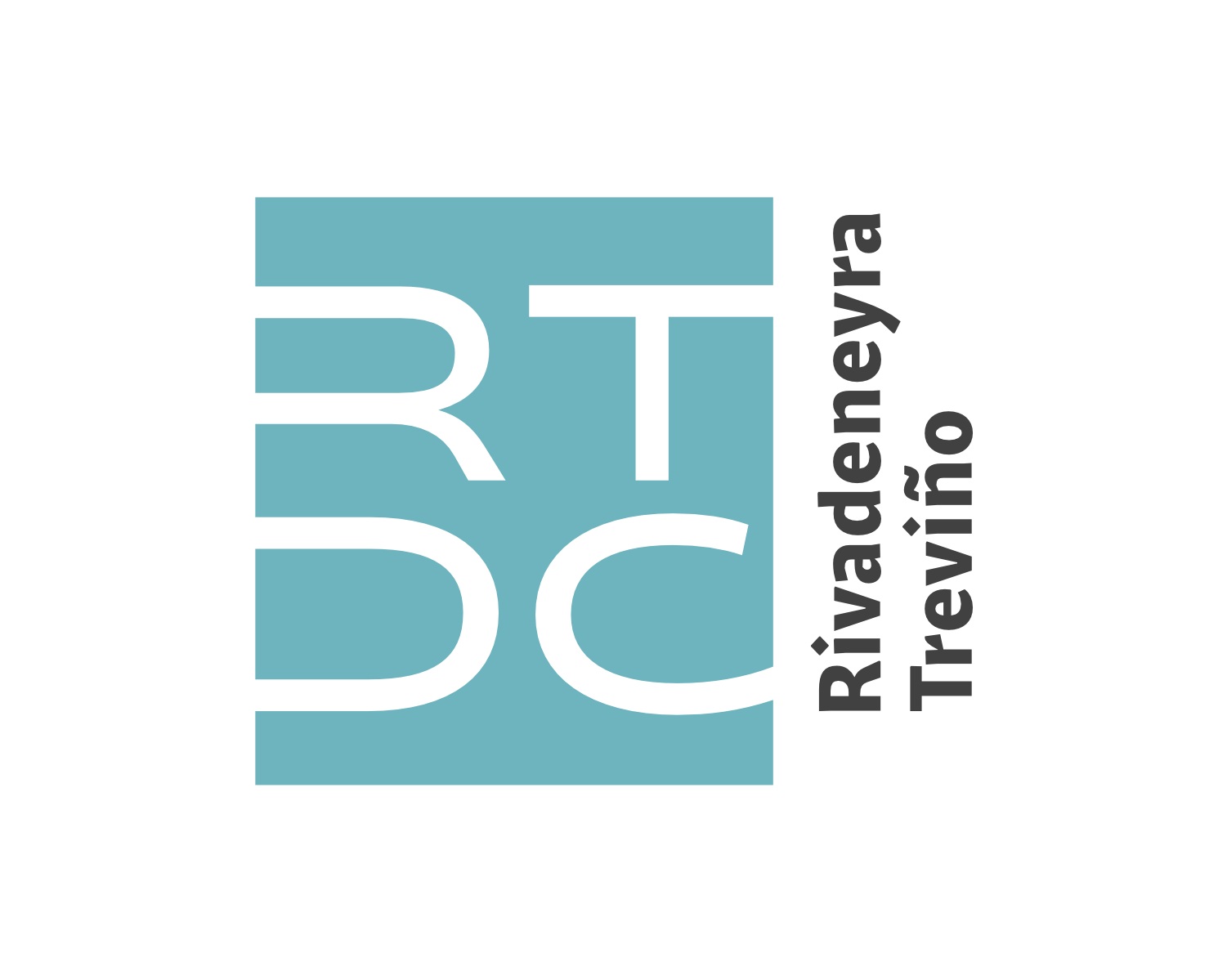Best Public-Private Partnerships (PPP) Lawyers in Mexico City
Share your needs with us, get contacted by law firms.
Free. Takes 2 min.
List of the best lawyers in Mexico City, Mexico
About Public-Private Partnerships (PPP) Law in Mexico City, Mexico
Public-Private Partnerships (PPP) are collaborative agreements between government entities and private sector companies to develop, operate, and finance public infrastructure or services. In Mexico City, PPPs are commonly used in sectors such as transportation, education, health, water management, and urban development. The goal is to leverage private investment, expertise, and efficiency in delivering projects that improve public services while sharing the risks and benefits between the public and private sectors. PPP law in Mexico City is shaped by federal frameworks and local regulations, ensuring partnerships are carried out transparently and for the public good.
Why You May Need a Lawyer
Legal advice is crucial when navigating the complex terrain of PPPs. You may need a lawyer if you are:
- A private company interested in bidding for a PPP project
- A government agency or official managing a PPP tender
- A financial institution or investor providing funding for PPP projects
- Encountering disagreements or misunderstanding regarding PPP contracts
- Facing regulatory or compliance challenges
- Seeking to ensure contract terms are favorable and risks are managed
- Involved in the negotiation, renegotiation, or termination of a PPP agreement
- Managing disputes or potential litigation pertaining to a PPP project
- Needing to understand tax, labor, or environmental implications of the partnership
- Exploring innovative PPP arrangements or financing models
Given the size, complexity, and length of PPP contracts, professional legal support ensures compliance, fairness, and long-term project success.
Local Laws Overview
Public-Private Partnerships in Mexico City are governed under both federal and local regulations. At the national level, the primary law is the Federal PPP Law, officially called the "Ley de Asociaciones Público Privadas" enacted in 2012. At the Mexico City level, the "Ley de Asociaciones Público-Privadas para la Ciudad de México" provides additional guidelines and localizes federal policies for the unique needs of the capital.
Key aspects of the PPP legal framework in Mexico City include:
- Clear definitions of project eligibility, transparency requirements, and public benefit assessments
- Regulated tender and bidding processes, including preliminary public interest assessments and risk allocation studies
- Specific provisions regarding project structuring, financing, operation, and infrastructure maintenance
- Obligations for prior approval, stakeholder consultation, and public disclosure of relevant documents
- Oversight by the Mexico City Ministry of Finance and the corresponding sectoral authorities
- Independent review bodies for the resolution of disputes
- Special requirements for environmental, social, and urban impact assessments
- Long-term contractual obligations and termination causes
Local legislation aims to encourage investment, protect public interests, and create sustainable projects that align with city development plans.
Frequently Asked Questions
What is a Public-Private Partnership (PPP)?
A PPP is a formal agreement in which a government entity and a private company collaborate to finance, build, and operate infrastructure or provide public services, sharing risks and rewards.
Which law governs PPPs in Mexico City?
PPPs in Mexico City are governed by both the Federal PPP Law and the Mexico City PPP Law, which sets additional standards for projects in the capital.
Which types of projects are suitable for PPPs?
Typical PPP projects in Mexico City include transportation systems, hospitals, schools, water treatment plants, energy initiatives, and urban infrastructure.
Who can participate in PPP projects?
Private sector companies, investors, and financial institutions can participate, usually through bidding processes supervised by government authorities.
What are the main steps in a PPP project?
A PPP project generally involves project identification, feasibility studies, tendering, contract negotiation, financing, construction, operation, and maintenance.
How are risks managed in PPP contracts?
Risks are identified and allocated between partners based on capability, often specified within contracts and supported by risk assessments required by law.
What is the role of the government in a PPP?
The government acts as project promoter, regulator, contract manager, and sometimes as co-investor or end-user client.
How transparent are PPP processes in Mexico City?
Local law mandates public disclosure of essential documents, open bidding processes, and independent oversight to ensure transparency and reduce corruption risks.
Can a PPP contract be modified after signing?
Yes, but only under specific conditions set by law, such as unforeseen circumstances or mutual agreement, and always with proper legal review and government oversight.
What should I do if there is a dispute in a PPP?
Disputes can be resolved through negotiation, mediation, arbitration, or litigation as stipulated in the contract. Legal guidance is essential to protect your interests and comply with procedural requirements.
Additional Resources
If you need further assistance or information about PPPs in Mexico City, consider consulting the following resources and organizations:
- Mexico City Ministry of Finance (Secretaría de Administración y Finanzas de la Ciudad de México) - oversees PPP projects and tenders
- Federal Ministry of Finance and Public Credit (SHCP) - for federal PPP matters
- National Association of Public-Private Partnerships (ANAPP) - an industry group providing outreach and support
- Local chambers of commerce and industry associations - for private sector guidance
- Independent legal professionals and law firms specialized in infrastructure and PPP law
- Academic publications and government reports on PPP best practices in Mexico
Next Steps
If you are involved in, or considering involvement in, a Public-Private Partnership in Mexico City, the first step is to consult a legal professional experienced in PPP contracts and local law. Gather all relevant documents, such as project plans, invitations to tender, and existing contracts. Outline your goals, concerns, and any potential risks. A specialized lawyer can evaluate your situation, clarify your obligations and rights, and guide you through each stage of the PPP process. Remember, legal advice at an early stage can prevent costly misunderstandings and help ensure your project’s legal and financial success.
Lawzana helps you find the best lawyers and law firms in Mexico City through a curated and pre-screened list of qualified legal professionals. Our platform offers rankings and detailed profiles of attorneys and law firms, allowing you to compare based on practice areas, including Public-Private Partnerships (PPP), experience, and client feedback.
Each profile includes a description of the firm's areas of practice, client reviews, team members and partners, year of establishment, spoken languages, office locations, contact information, social media presence, and any published articles or resources. Most firms on our platform speak English and are experienced in both local and international legal matters.
Get a quote from top-rated law firms in Mexico City, Mexico — quickly, securely, and without unnecessary hassle.
Disclaimer:
The information provided on this page is for general informational purposes only and does not constitute legal advice. While we strive to ensure the accuracy and relevance of the content, legal information may change over time, and interpretations of the law can vary. You should always consult with a qualified legal professional for advice specific to your situation.
We disclaim all liability for actions taken or not taken based on the content of this page. If you believe any information is incorrect or outdated, please contact us, and we will review and update it where appropriate.
















